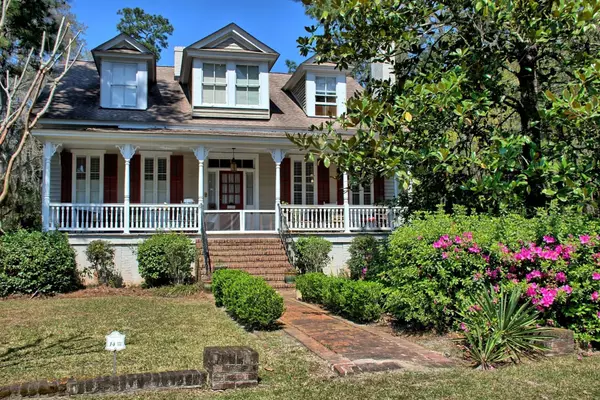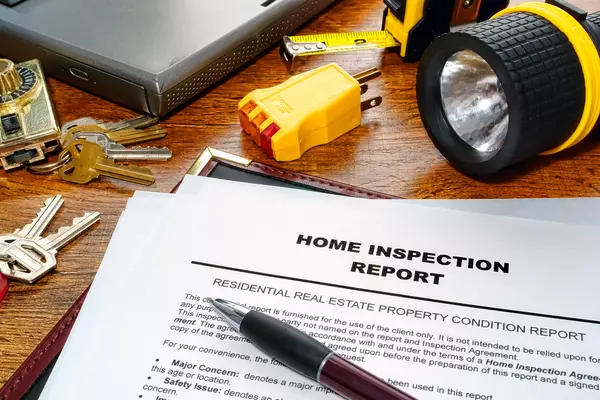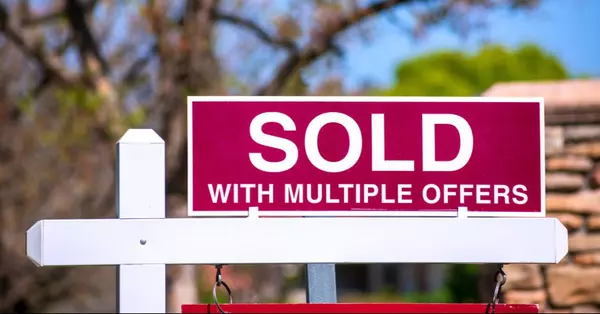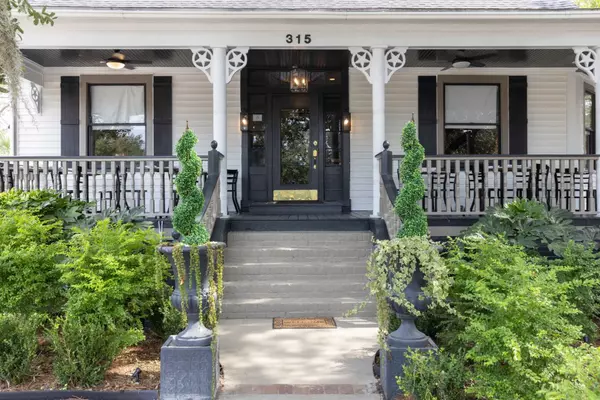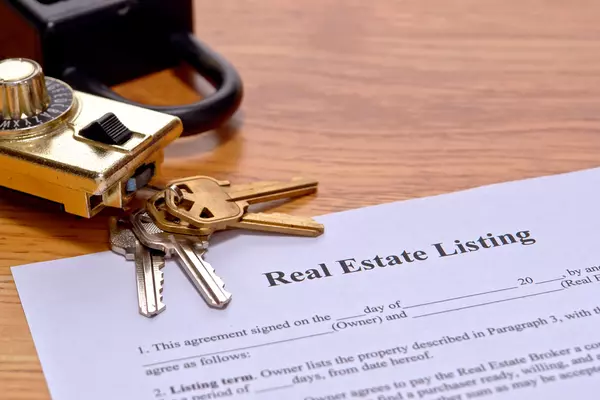HOA's - the Pros and Cons
What is an HOA?
Let's begin by defining what a Home Owners Association (HOA) is. It's an organization founded by a real estate developer in order to manage a community of houses, townhouses or condominiums. An HOA is given the authority to enforce the covenants, conditions, and restrictions as well as manage the common elements of the development. In order to belong to a homeowners association (and, subsequently, live in the community it oversees), you’ll have to pay its dues. When searching for a home, you may end up selecting a property in a community with a Home Owners Association (HOA). Before you buy, it's important to know how an HOA works and what they mean for you.
According to a recent article on realtor.com,
"In a nutshell, an HOA helps ensure that your community looks its best and functions smoothly…The number of Americans living in homes with HOAs is on the rise, growing from a mere 1% in 1970 to 25% today, according to the Foundation for Community Association Research."
An HOA is governed by a board nominated by those living in the neighborhood. It is designed to make sure the residents have a support structure to maintain the value of the community while abiding by a set of guidelines called Common Restrictive Covenants (CC&R). CC&R's are rules you commit to following if you live in that community to maintain the attractiveness and value of the property.
The Pros of an HOA
Pro #1: Your neighborhood will look good
Generally, an HOA establishes rules to ensure the neighborhood looks good. These include strict guidelines. Here are some of the guidelines that are common:
-
- keeping lawns manicured
- restrictions on parking boats and other large vehicles on the street
- limitations on exterior paint colors
- Types of fencing allowed
- Controls on installing sporting equipment such as a basketball hoop in the driveway
- Rules on commercial or business use of land reserved for residences
Pro #2: You’ll enjoy access to amenities
An HOA usually offers community amenities such as a pool, a fitness center, parks, children’s play areas, and security gates. The more an HOA offers, the more it may cost in dues.
Pro #3: A Homeowners association manages common areas in your neighborhoods
Homeowners associations handle the upkeep of swimming pools and tennis courts and other recreational areas. This ensures the common areas and shared amenities in a neighborhood are likely to be maintained in good condition.
Pro #4: A Homeowners association handles disputes between neighbors
One advantage of a homeowners association is mediating disputes between neighbors. So, for instance, the association will contact a neighbor about a noisy dog or loud party, not you. And there may very well be a rule about noise levels after hours that the association will be able to enforce.
The Cons of an HOA
Con #1: The HOA sets the standards for your home
The association gets to determine what is an acceptable appearance for your home. The paint color, where you park your car, how often you clean your roof or mow your lawn, the landscaping of your front yard and how you decorate your home’s exterior for the holidays may all be scrutinized by a homeowners association.
Con #2: Yearly or monthly Dues
When living in a community with an HOA, you’ve got to add their dues to your budget. The dues vary based on what is provided by the HOA. I've seen them range from $100/year to over $5000/year. The norm in Summerville is between $400 - $600/year.
Con #2: HOA approval needed for changes
If you want to make changes to the property, such as the addition of an enclosed patio or a fence, it normally must be approved by the HOA’s board. It’s possible that an HOA could prevent certain changes although they can only prevent what is against the CC&R's.
Con #3: You might be hampered by an HOA’s financial woes

If an HOA is facing financial problems or is ensnared in a lawsuit, it hurts the ability to sell a home. Someone wanting to purchase may not be able to get a loan due to the HOA problems. This, in turn, could hurt the sale prices of homes in the community.
Con #4: Falling behind on HOA dues can lead to foreclosure
You'll want to be sure the HOA fees are in your budget. If you fail to pay your dues, an HOA can move to foreclose on your property. It doesn't happen often, but it is possible. In my 20+ years in real estate, I've only heard of it once in the Charleston area.
Bottom Line
When you're looking at a potential property to buy, be sure you understand the neighborhood's HOA structure and fees. If all of these rules seem reasonable to you and are in line with how you are likely to maintain your home anyway, this community may be right for you. If not, you may want to consider homes without an HOA. You can see all the homes in Summerville for sale without an HOA here.
Categories
Recent Posts


